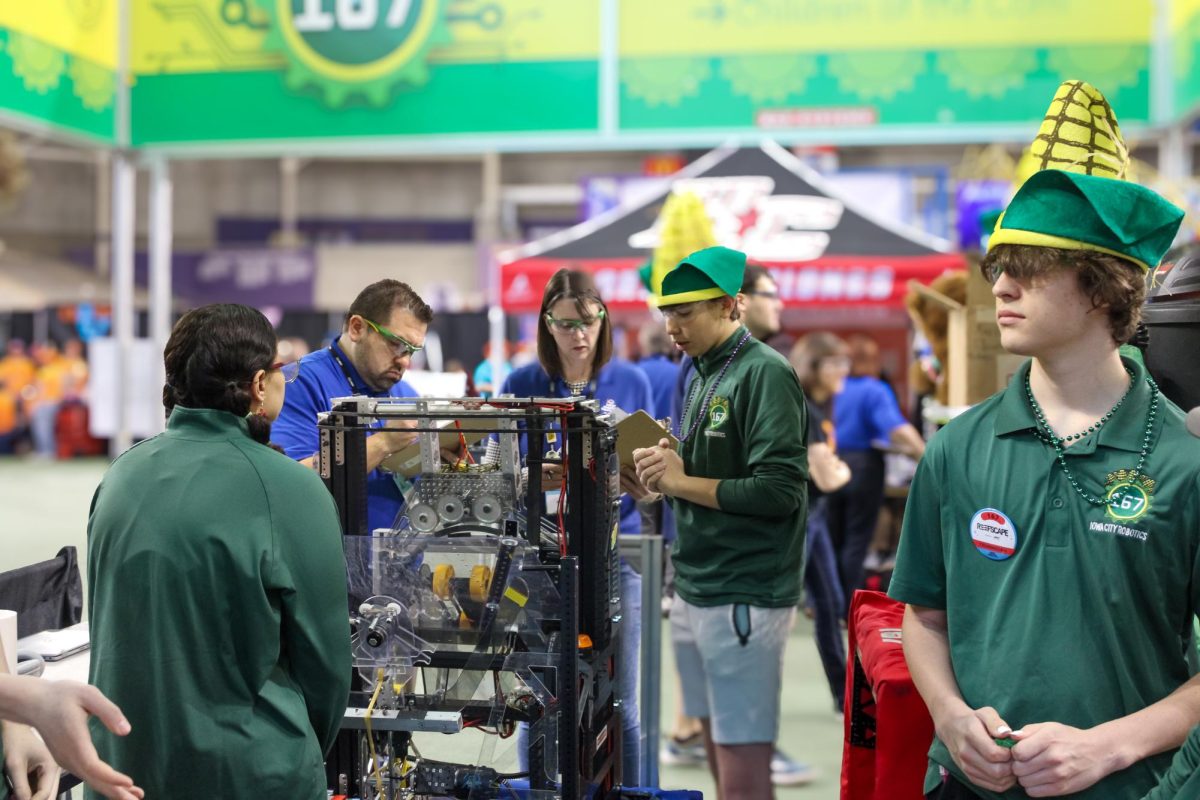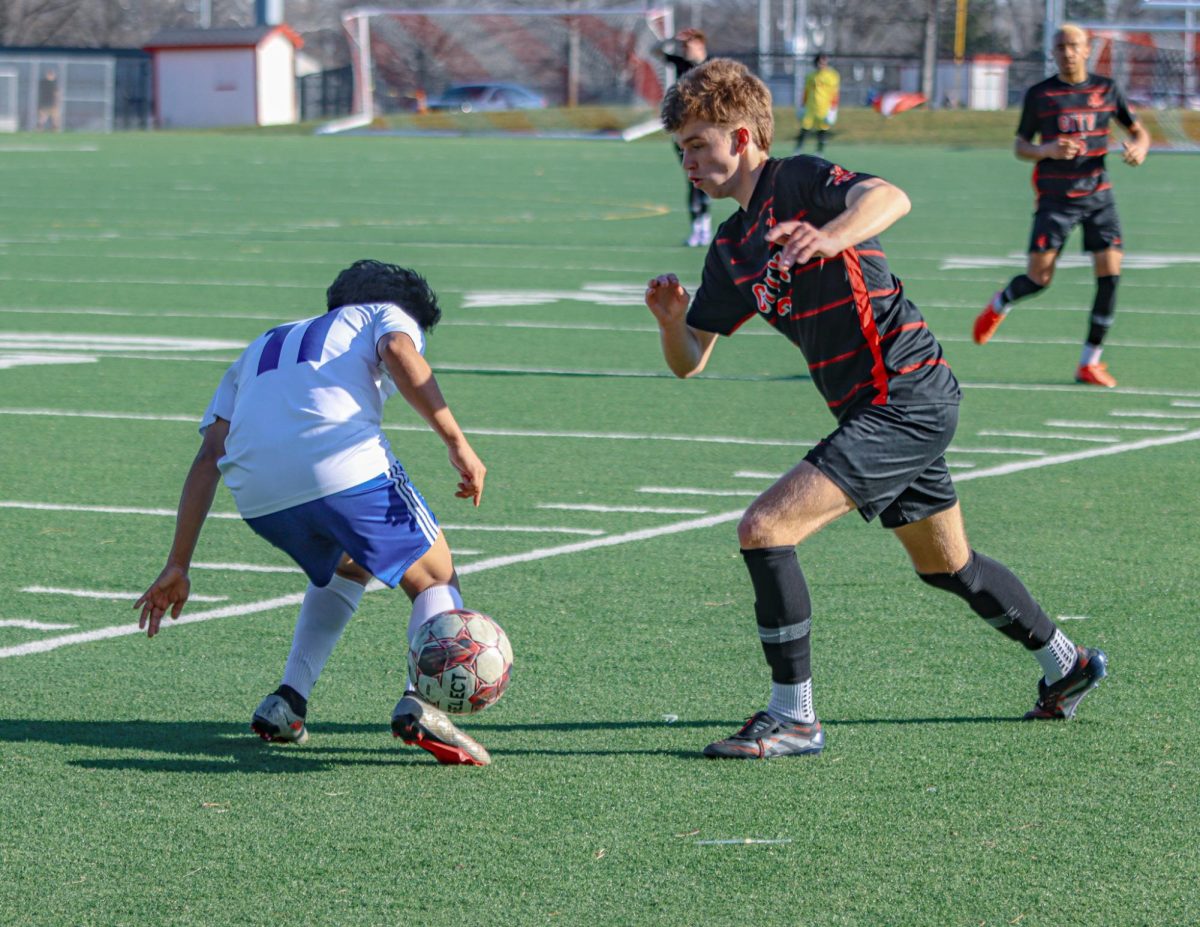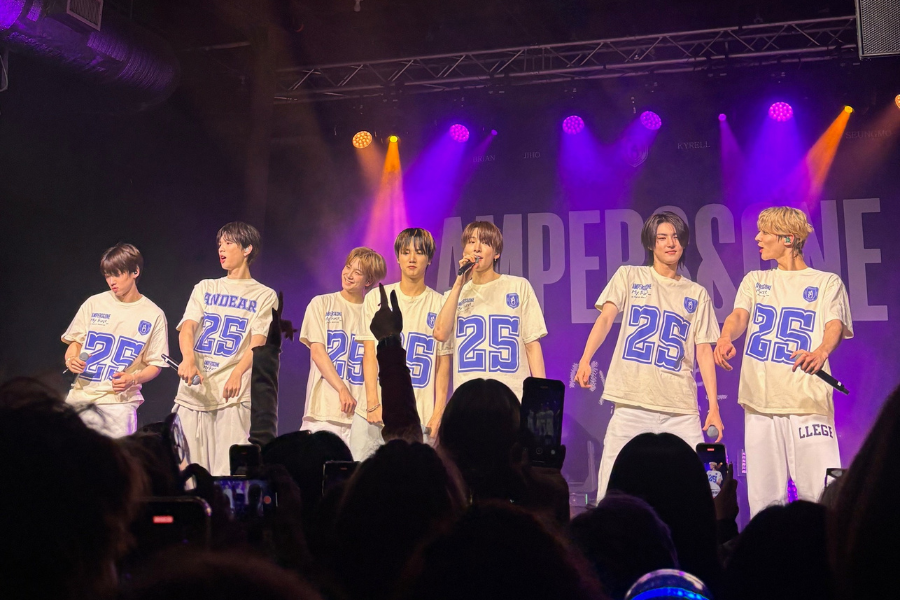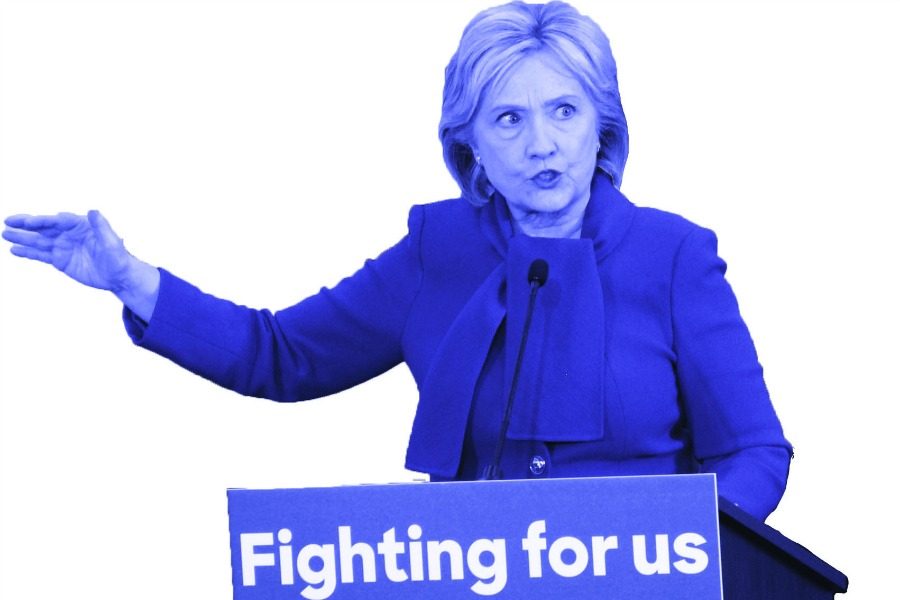Millennials Take to the Polls
November 8, 2016
After almost a year of fiery tweets, intense debates and controversial speeches, it has all come down to the home stretch to Election Day. However, the millennial demographic will not be entirely represented.
According to the Pew Research Poll, who define millennials as ages 18-34, only 46% actually made it out to the polls in 2012, compared to 72% of the silent generation, age 71 and beyond.
“Having issues with getting people to vote is a disaster waiting to happen for a democracy,” Machlen Polfliet ‘17, a first time voter, said. “As the people [of America], I believe it is our duty to vote for what we believe is right.”
Favorability ratings for both Democratic Nominee Secretary Hillary Clinton and Republican Nominee Donald Trump have been consistently low, steering many away from even the idea of voting. Sadie Hobbs ‘17 will not be able to vote this year, but concludes that she would stay away from the polls if she did have the option.
“It’s embarrassing and it’s sad how people have to choose the lesser of two evils. That’s not how it should be,” Hobbs said. “I’m honestly glad I’m not old enough to vote in this election because I wouldn’t want to vote for either of them.”
An October Washington Post-ABC News poll indicated that Democratic Nominee Secretary Hillary Clinton is polling 24 points higher than Republican Nominee Donald Trump in the 18-39 age category. The Clinton campaign attributes this lead to Clinton’s message of inclusiveness and diversity.
“We all know the hateful things Donald Trump has said, and it’s time to stand together and say ‘Enough is enough,’” said Kate Waters, Press Secretary for Hillary for Iowa. “In America, we respect each other. We lift each other up and celebrate our diversity.”
Trump’s campaign platform aimed towards the youth vote focuses on job growth.
“Mr. Trump is going to bring back jobs and will be focused on many other important issues that will impact our youth and our entire country,” said Hope Hicks, Press Secretary for the Trump Campaign.
Among jobs and social inclusion, education is also a significant issue for youth voters. According to the U.S. Bureau of Labor, college tuition and fees alone have risen 63% from 2006, creating looming debt within a recovering job market.
“I believe a key issue for young voters is cost and availability of education,” said Polfliet. “Your education is arguably the most important thing about your child and young adulthood, so it should matter a lot to you and you should do everything in your power to be able to access the best possible education that you can while not going broke doing so.”
Emma Arp ‘17 is a first time voter, and plans to vote for Hillary Clinton. She agrees that combatting the growing price of education should be a priority for the next president.
“Education is so important for youth voters,” she said. “College is expensive, but it’s a delicate process deciding on its cost.”
The next president will also have the power to appoint the new Supreme Court justice that will fill the vacant seat of Antonin Scalia, who passed away this summer. The new addition will sway the court toward the ideology of the president in power, if confirmed by the Senate. During an interview with Pat Robertson, Trump stated that he does not agree with the landmark Supreme Court decision that legalized gay marriage, and would prefer that states define marriage. In the same interview, he vowed to appoint a justice that is against Roe v. Wade, leaving both decisions with an ambiguous federal future, if elected. Clinton, however, has reaffirmed that she agrees with the federal definition of marriage, and would would use the same Roe v. Wade litmus test but instead in its favor.
According to a recent Gallup poll, 50% of Americans now identify themselves as pro-choice, compared to 46% pro-life, with the general pattern that younger generations are more open to choice. The same pattern translates to the attitude toward gay marriage. 71% of millennials are okay with gay marriage, while the silent generation (born 1928-45) have a 38% favorability toward it (Pew Research).
“Millennials are the most diverse, open-minded generation in American history, but they’re also a generation who have struggled since the economic crash of 2008,” Waters said. “They want a president who will build an economy that works for everyone, not just those at the top, and Hillary Clinton is that president. Our generation believes we must stand up to Donald Trump’s divisive rhetoric and push our country forward together.”
With the Supreme Court hanging in the balance, Arp sees this election as either a progression or regression, depending on who wins.
“As our country becomes more accepting, it’s also incredibly important for kids in the LGBTQIA+ community to feel safe,” she said. “Millennials are the first generation to not question gay marriage. We are required to keep this moving forward, not back.”
The media has played a large role in the current election; covering every Trump rally to report the next provocative policy, discussing and revealing Clinton’s consequential email mistakes while Secretary of State, and releasing pivotal information, such as the Access Hollywood tape featuring sexual commentary by Trump caught by a hot microphone. Election coverage has showcased past discrepancies, leaving some to question both candidates, and even consider voting for third-party candidates, such as Libertarian Gary Johnson or Green Party candidate Jill Stein.
“The fact of the matter is either Hillary Clinton or Donald Trump will be elected president this year, and if you vote for someone other than Hillary or if you don’t vote at all, then you are helping to elect her opponent,” Waters said.
As the final votes are counted, democracy will ultimately make the final decision.
“This is one the first times [youths] get to make a decision on how their future will play out,” Arp said.































